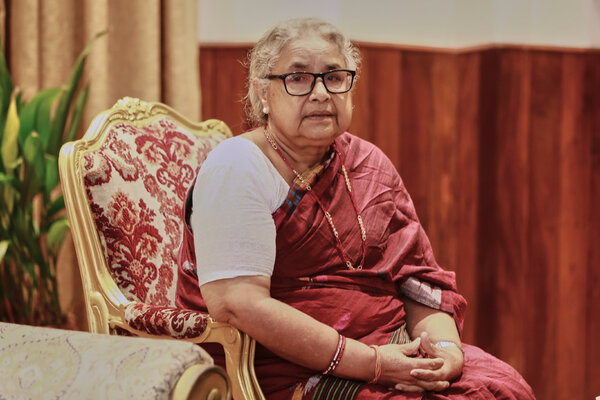
Introduction
Sushila Karki is a notable figure in Nepal’s legal system, serving as the first female Chief Justice of the Supreme Court of Nepal. Her achievements hold immense importance as they symbolize a significant progression in gender equality and judicial reform within a country historically dominated by male leadership. Karki’s tenure has not only influenced the judiciary but also advocated for women’s rights and effective legal practices.
Career Highlights
Karki was appointed Chief Justice in 2016 and held the position until 2017. During her time, she tackled various critical issues, including corruption, women’s rights, and access to justice. Her rulings have often been a source of inspiration for aspiring female lawyers in Nepal, demonstrating that women can break barriers in traditionally male-dominated fields.
One of her prominent cases included the landmark ruling that upheld the rights of women to inherit property equally to men, marking a significant reform in Nepal’s legal landscape. This decision not only reinforced women’s rights but also aimed to change cultural attitudes toward gender inequality.
Challenges Faced
Despite her achievements, Karki’s career has not been devoid of challenges. Being a female leader in a patriarchal society often meant that her decisions were subjected to scrutiny and resistance from conservative factions. However, Karki managed to persevere, earning respect from her peers and becoming an exemplary role model for women in law and governance in Nepal.
Current Impact and Significance
Even after her tenure, Karki continues to be an influential figure in legal discussions and women’s rights initiatives. She participates in various forums advocating for judicial reforms and has been involved in mentoring young women lawyers, encouraging them to pursue careers in law. Karki’s legacy serves as a beacon of hope for those striving for gender equality in Nepal and beyond.
Conclusion
The impact of Sushila Karki on Nepal’s judiciary and women’s rights cannot be overstated. As a pioneer, she has opened doors for future generations of female leaders in the legal domain. As Nepal moves forward, the significance of her work continues to resonate, highlighting the importance of women’s empowerment and gender equality in achieving a more just society. Her journey inspires many to push for equity in various sectors, reinforcing the notion that change is possible regardless of societal constraints.



